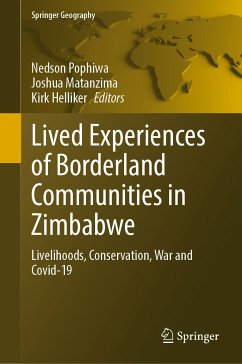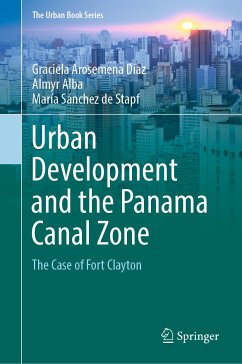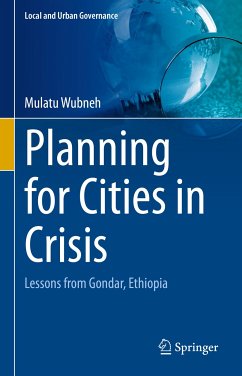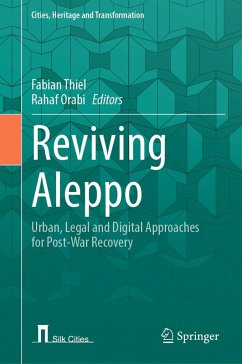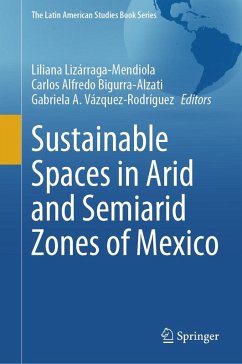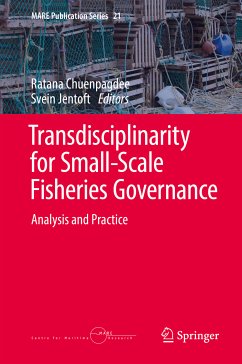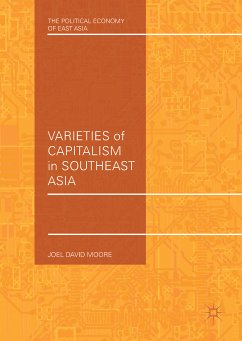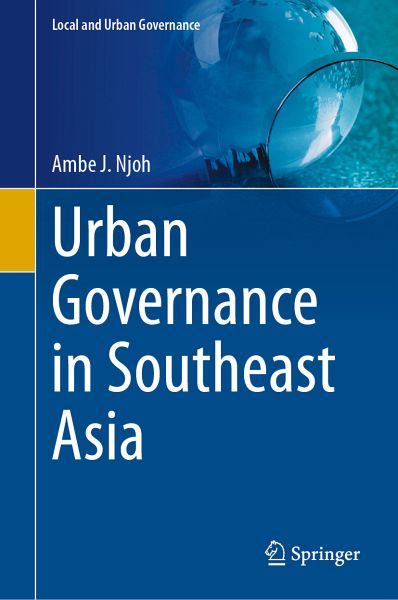
Urban Governance in Southeast Asia (eBook, PDF)
Versandkostenfrei!
Sofort per Download lieferbar
96,95 €
inkl. MwSt.
Weitere Ausgaben:

PAYBACK Punkte
48 °P sammeln!
The book draws from regulation theory to explain urban planning policies and outcomes in Southeast Asia as a function of governance structures and processes. A considerable portion of the book is spent re-tracing the historical roots of planning dispositives, including the totality of institutional entities, which together constitute an apparatus of government in South-East Asian polities. Therefore, of essence in the book are the institutional structures and administrative principles, that were introduced by colonial authorities and inherited by their post-colonial successors in South-East As...
The book draws from regulation theory to explain urban planning policies and outcomes in Southeast Asia as a function of governance structures and processes. A considerable portion of the book is spent re-tracing the historical roots of planning dispositives, including the totality of institutional entities, which together constitute an apparatus of government in South-East Asian polities. Therefore, of essence in the book are the institutional structures and administrative principles, that were introduced by colonial authorities and inherited by their post-colonial successors in South-East Asia. The book seeks to demonstrate the role of the policies and commensurate implementation institutional frameworks in accounting for important dynamics in the contemporary urban domain in the region. In analyzing the institutional framework for urban planning and governance, the book is doing due diligence to a hitherto neglected subject, namely governmentality, in the discourse on the political economy of urban management in Southeast Asia. Thus, the book is intended to acknowledge the importance of institutions in determining the success of urban development policies. The notion of institutions or governmentality as will be used in the book includes, de facto governance structures, government and parastatal agencies and the formal rules and regulations they are charged with implementing. The book is based on the premise that knowledge of institutions and their functions is critical in explaining phenomena in economic geography. This is particularly true in Southeast Asian countries because of the dominant and overarching role of the state or government agencies in the economy.
Dieser Download kann aus rechtlichen Gründen nur mit Rechnungsadresse in A, B, BG, CY, CZ, D, DK, EW, E, FIN, F, GR, HR, H, IRL, I, LT, L, LR, M, NL, PL, P, R, S, SLO, SK ausgeliefert werden.




